Pediatric
Occupational Therapyin San Ramon and Tracy, California
What is Occupational Therapy?
For a child, their occupation is playing, learning, engaging with others, feeding themselves and gaining independence. Physical, emotional and cognitive difficulties can get in the way of this growing and learning process. At Language Essentials, we help children overcome these difficulties so they can care for themselves and integrate into a home or classroom environment.
Whatever the cause of delays in developing the skills needed, our therapists are up to the task of helping children catch up to their expected milestones. Using toys, games and activities like bouncing, jumping, catching and climbing, each therapy session stays fun and engaging. That’s why our kids love coming back for their next sessions! Plus, we get to see them make the fastest possible progress.
Why Might a Child Need
Occupational Therapy?
There’s a very long list of reasons that a child may need occupational therapy. Some children may have experienced long hospitalizations, or they have intellectual delays. Children with cerebral palsy, autism spectrum disorder, neurological disorders or amputations often need help learning to care for themselves. Other children are disturbed by noises, tastes, textures or tactile sensations that make life difficult. We can help all of them.
Benefits of
Occupational Therapy
Improved hand, wrist and arm strength
Better handwriting
More dexterity when handling small objects
Greater ability to dress, feed and groom oneself
More tolerant of sensory experiences
More capable of interacting with other children during play
Improved ability to manage own frustration and anger
Ability to use assistive equipment when needed
What is most important is that a child masters the normal activities of daily living that are within their physical and cognitive abilities. This is how a child gains independence and the greatest satisfaction in life.
Starting Pediatric Occupational Therapy
If you have noticed that your child is falling behind other children in their skills, or if there is a medical condition impeding their progress, we can help. A child’s occupational therapy begins with an expert assessment of their needs. From this evaluation, we can plan the therapy steps to gradually build strength and independence for the child.
It’s important that parents or caregivers know how the child is progressing and how to continue the improvement at home. For that reason, our pediatric therapists provide regular updates after the child’s sessions. We also want to support our parents and help them understand how to the continue the child’s improvement at home.
Contact Us
If you’re ready to schedule an occupational therapy evaluation for your child in San Ramon or Tracy, call us at (925) 743-3322. Also ask us about our free 15-minute phone consultation to learn how we can help your child and your whole family!

